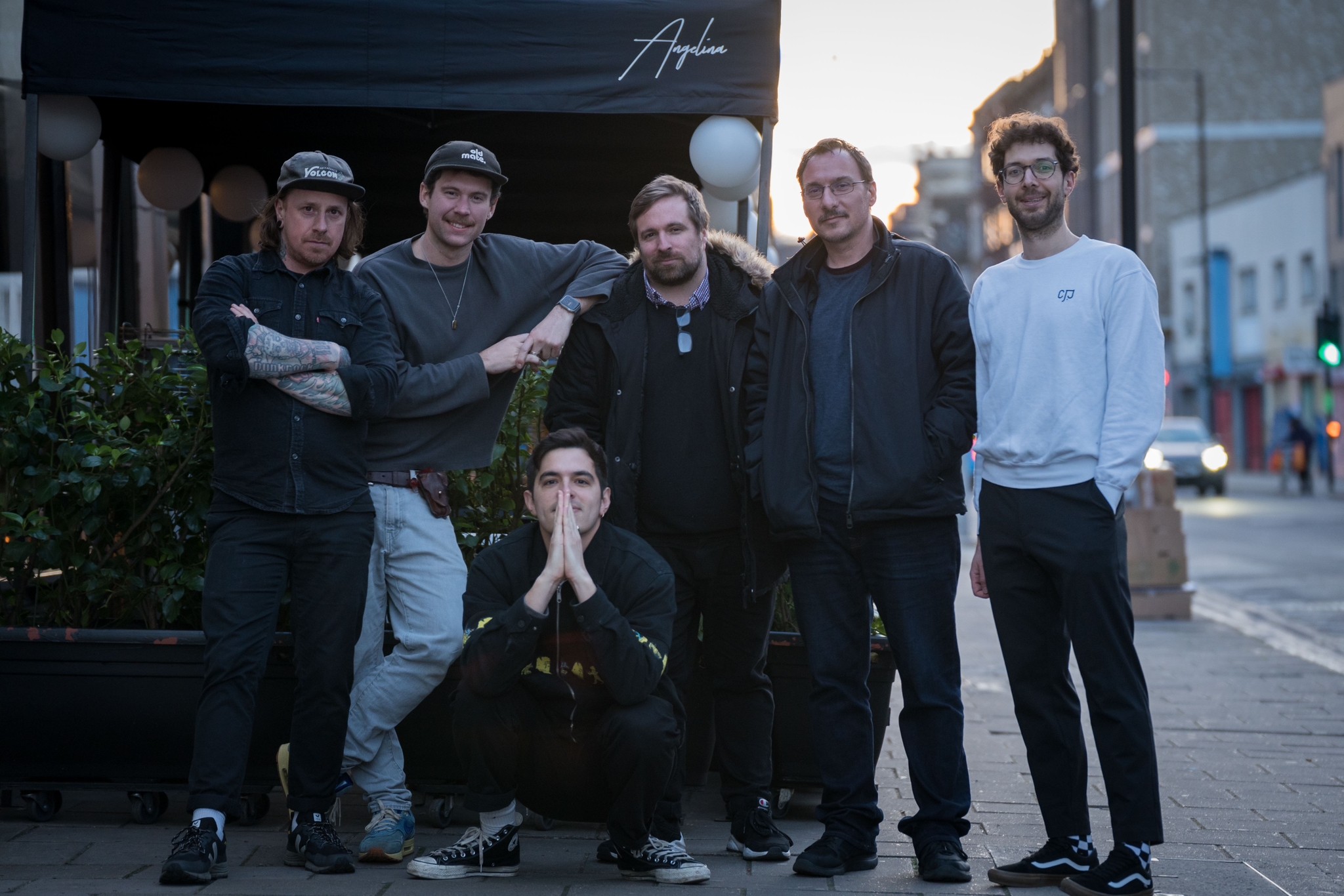

We recently had the chance to connect with Ché Grant and have shared our conversation below.
Good morning Ché, it’s such a great way to kick off the day – I think our readers will love hearing your stories, experiences and about how you think about life and work. Let’s jump right in? What do you think is misunderstood about your business?
The biggest misconception about my work is that independent film and television production is just about pointing a camera and telling a story. In reality, what I do is closer to building an entire studio system on a smaller scale, balancing creative vision with production logistics, financing, marketing, and distribution. People often underestimate how much business acumen it takes to get a project from script to screen.
Another misunderstanding is that indie productions are solitary efforts. In truth, every project I develop is a highly collaborative process—directors, writers, actors, editors, designers, and producers all contribute to creating a finished piece of work. My role isn’t just as a storyteller, but as a builder of ecosystems where creative talent and business strategy intersect.
At its core, my business isn’t just about producing content, it’s about constructing sustainable pipelines for original stories to thrive. The artistry may be what audiences see, but the misunderstood part is the architecture behind the scenes that ensures those stories actually reach the screen and resonate with viewers.
Can you briefly introduce yourself and share what makes you or your brand unique?
My name is Che Grant, and I’m an independent filmmaker, writer, and producer dedicated to creating original film and television projects that challenge expectations. What makes my work unique is that I’m not just focused on making a single film at a time—I’m building interconnected stories and worlds designed to live beyond one project and create lasting impact.
My brand combines the raw edge of independent cinema with the discipline of structured production. I gravitate toward genre-driven narratives—especially horror, thrillers, and dramas—that explore family, trauma, and survival, but always through a lens that feels both intimate and cinematic.
What sets my approach apart is that I view production as both art and architecture. Every script breakdown, shot list, and production plan is part of a larger system designed to bring powerful stories from concept to screen with authenticity. Current projects like the horror features ‘The Downward and the Damned’ and ‘Twentynine Palms’ are examples of how I’m building original IP that’s deeply personal yet accessible to wide audiences.
At the core of my work is a belief that independent filmmakers don’t have to wait for Hollywood’s permission. We can build our own universes, tell our own stories, and still reach viewers on a global scale.
Appreciate your sharing that. Let’s talk about your life, growing up and some of topics and learnings around that. What breaks the bonds between people—and what restores them?
What I’ve seen, in life and through the lens of film, is that bonds between people usually break when trust erodes. It can come from silence, secrets, or simply the slow neglect of relationships over time. Fear and pride play their part too: people pull away when they’re afraid of being vulnerable, or when pride keeps them from admitting fault. In stories, as in life, those fractures often happen quietly before they ever explode.
What restores bonds, though, is rarely something grand. It’s honesty. It’s the courage to sit in discomfort and speak truths that might hurt but ultimately heal. It’s choosing empathy over ego, forgiveness over blame. In film and television, those are the moments that resonate most deeply with audiences, the moment a character extends their hand despite the pain, or listens when it would be easier to walk away.
As a storyteller, I’m fascinated by those fractures and repairs, because they’re what make us human. The drama of breaking is universal, but the hope of restoration—that’s what gives stories their power, and people their connection.
Is there something you miss that no one else knows about?
What I miss most is the pure fun of playing make-believe as a child. Back then, stories were effortless, you could turn a backyard into a battlefield, a hallway into a haunted house, and every game felt limitless. There was no pressure, no expectation, just imagination running wild.
As an adult working in film and television, I try to hold onto that spirit, but the reality is that now it’s layered with budgets, marketing, deadlines, and distribution strategies. The same spark of make-believe is still there, but it has to fight through contracts and calendars.
What I’ve learned, though, is that keeping even a piece of that childlike playfulness alive is essential. It’s the fuel that keeps me pushing through the business side of the industry. Without it, filmmaking would just be commerce. With it, it still feels like magic.
I think our readers would appreciate hearing more about your values and what you think matters in life and career, etc. So our next question is along those lines. What’s a belief or project you’re committed to, no matter how long it takes?
The belief I’m most committed to, whether it takes years or even a lifetime, is that authenticity and honesty are non-negotiable in storytelling. You can have all the special effects, clever marketing, or production value in the world, but if the story doesn’t feel true, the audience won’t connect. People can sense when something is manufactured versus when it comes from a real, human place.
For me, every project, whether it’s ‘Love Possibly’ or ‘The Last Team’, is built on that foundation. I’d rather take the long road to make a film that resonates with honesty than chase quick wins that leave no lasting impression. It’s not about speed or spectacle; it’s about creating work that feels lived-in, vulnerable, and raw enough that someone in the audience sees themselves in it, or can fully invest in.
That’s the commitment: to make films and television that don’t just entertain for two hours, but that linger, because the truth inside them is undeniable.
Thank you so much for all of your openness so far. Maybe we can close with a future oriented question. What will you regret not doing?
If I look ahead, the one thing I would regret is not telling the stories that only I can tell. We all have ideas, experiences, and perspectives that are uniquely ours, and in film and television, those are the projects that matter most. If I left those unwritten, unproduced, or unfinished, I’d feel like I had silenced the very thing that drives me.
I would also regret not taking the risks that come with independence. It’s easy to play it safe, to follow formulas, to chase what’s trending. But the real reward comes from carving your own path, even if it’s harder. I don’t want to look back and realize I let fear, money, or comfort keep me from making something honest.
At the end of the day, the regret wouldn’t be about budgets or box office, it would be about not daring enough, not finishing enough, and not leaving behind the body of work that proves I put everything I had into telling the truth through story.
Contact Info:
- Website: https://www.annabarbarafilms.com
- Instagram: https://www.instagram.com/chegrant_filmmaker
- Linkedin: https://www.linkedin.com/in/ch%C3%A9-grant-01969919b/
- Twitter: https://x.com/CheGrant
- Facebook: https://www.facebook.com/CheGrantFilmmaker/
- Youtube: https://www.youtube.com/@annabarbarafilms2023
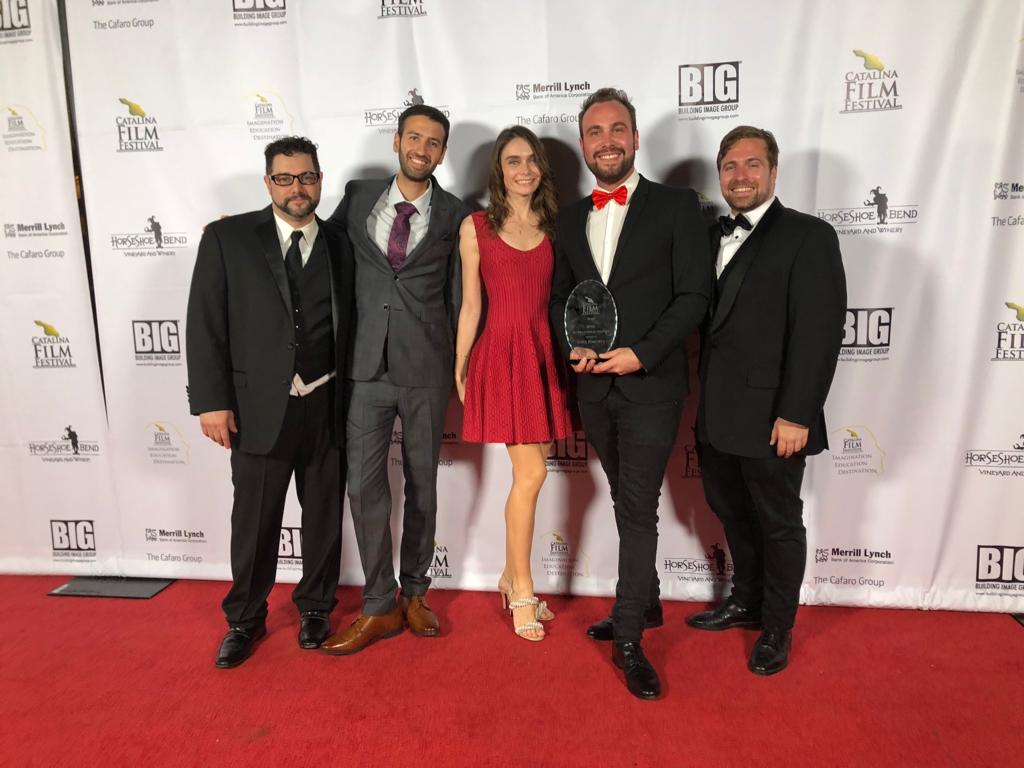
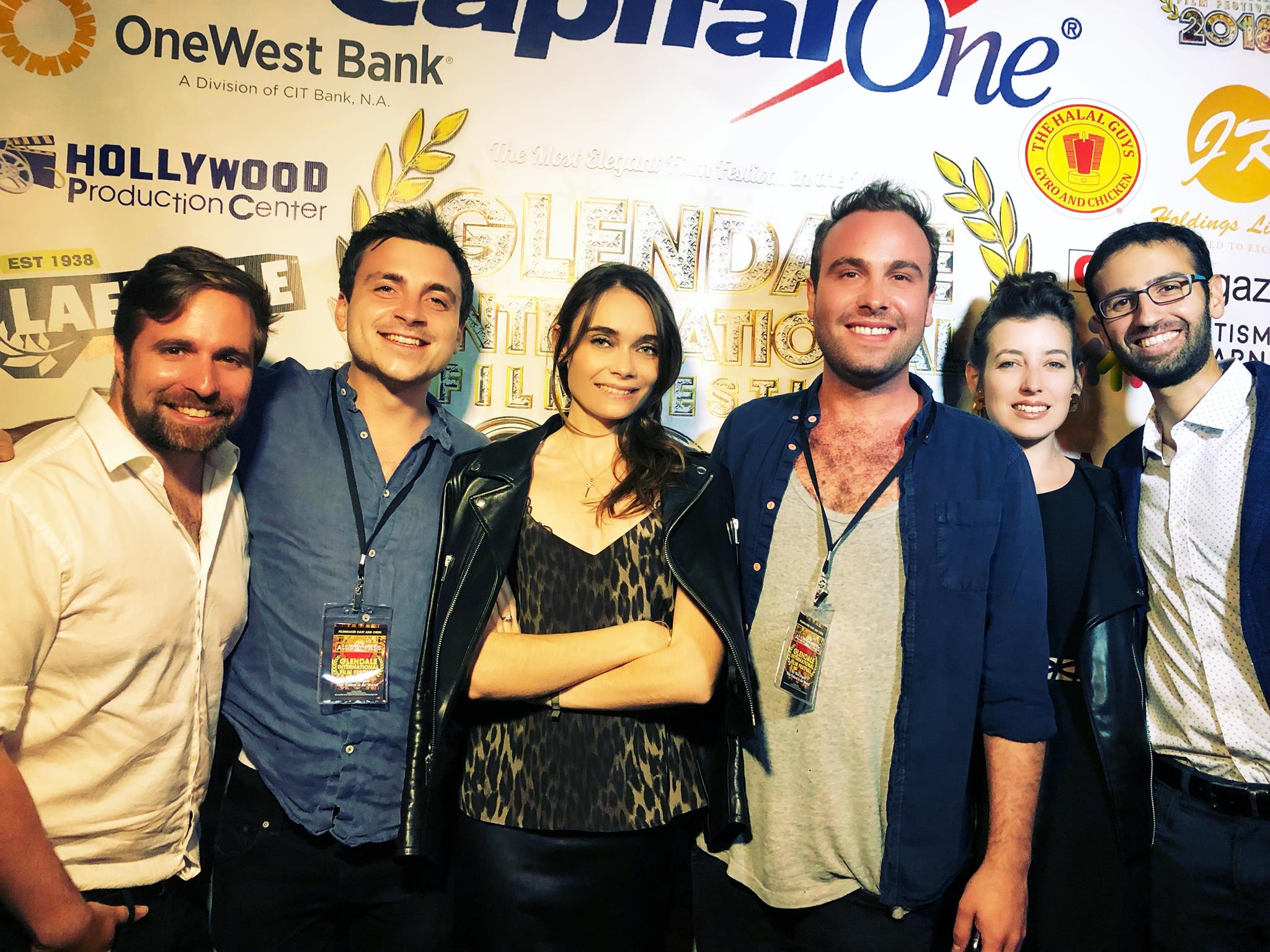
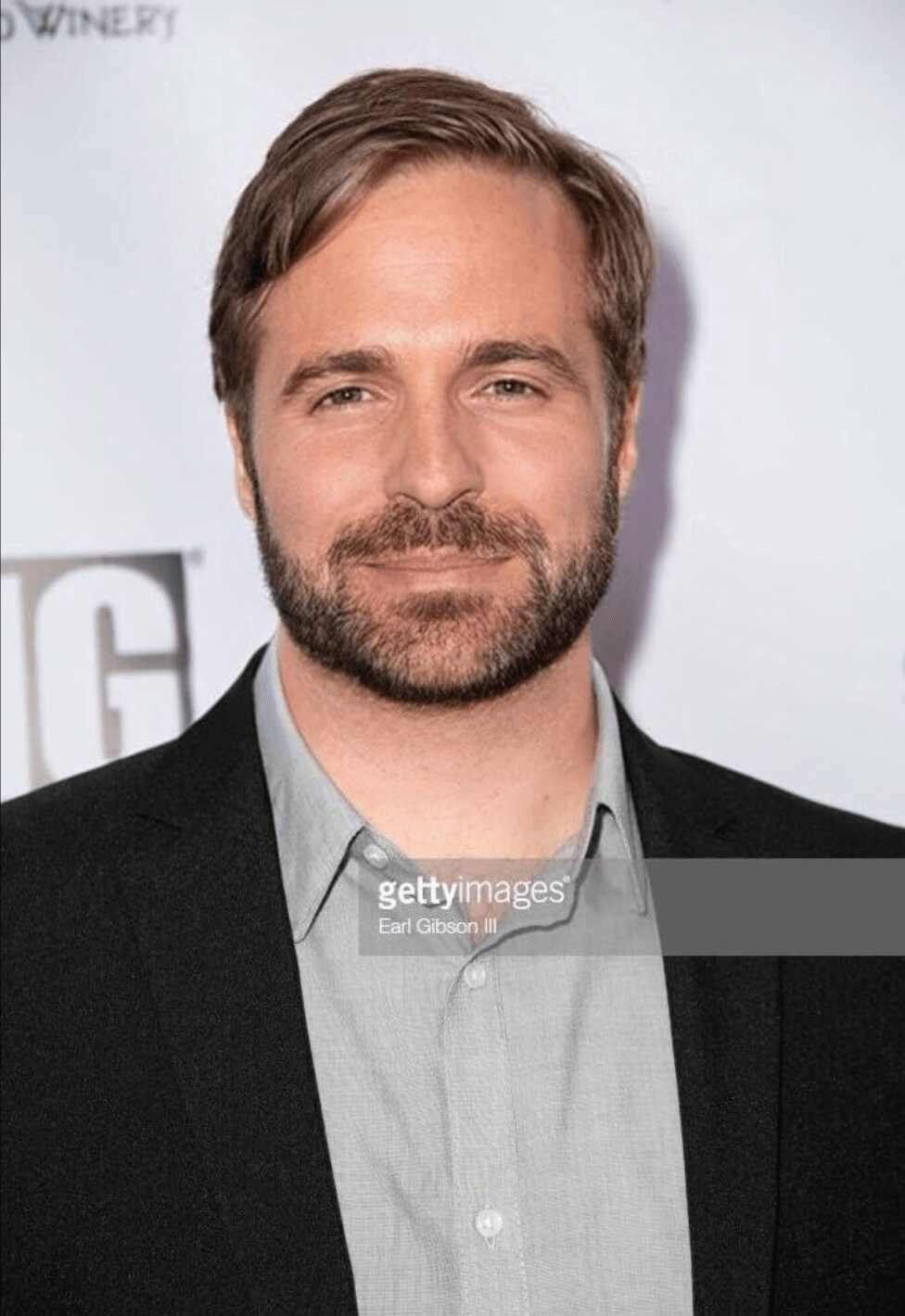
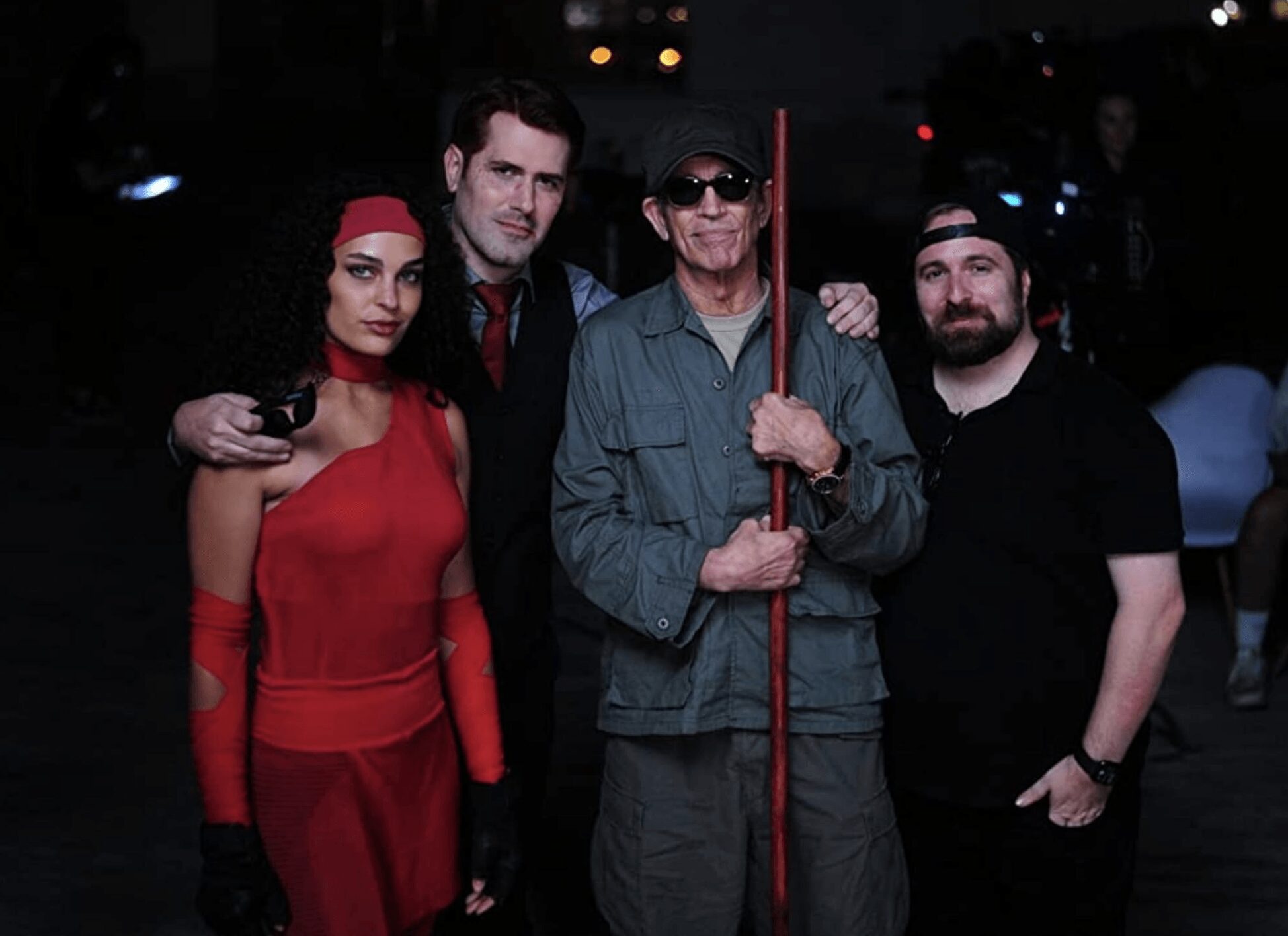
Image Credits
Earl Gibson III














